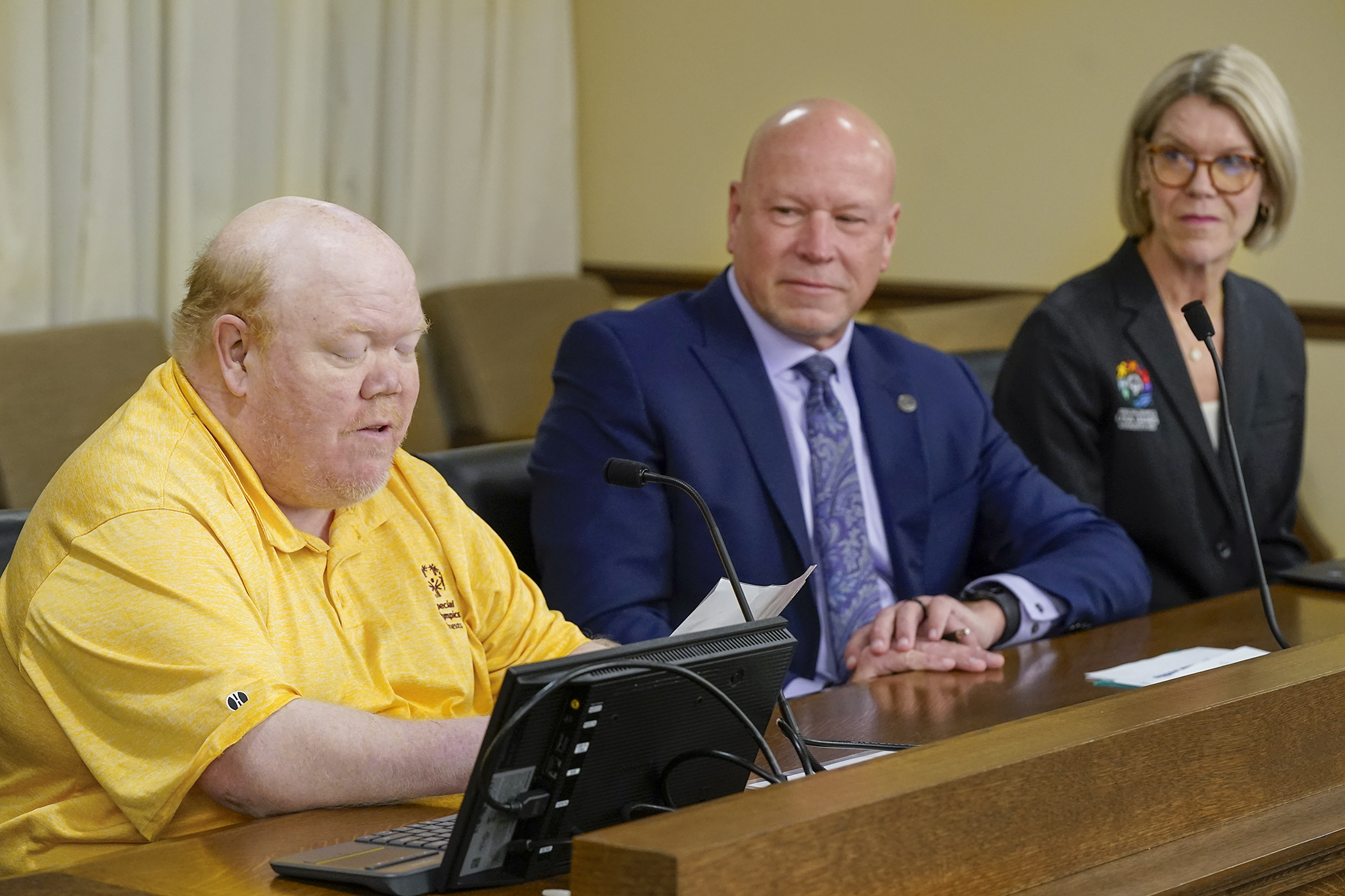Special Olympics organizers seek state funding to support next year’s USA Games in Twin Cities

Thousands of athletes will descend on the Twin Cities next year for the Special Olympics USA Games, and organizers are calling for financial support to ensure the event leaves a gold-medal lasting mark.
Laid over by the House Workforce, Labor, and Economic Development Finance and Policy Committee Tuesday, HF2258 would provide $2 million for the games, which are scheduled for June 20-26, 2026, at the University of Minnesota and the National Sports Center in Blaine. The event is expected to attract nearly 100,000 people representing all 50 states.
“While these games will be the largest athletic event in the country in 2026, and athletic competitions are what these Special Olympics are best known for, these games are so much more,” said Rep. Wayne Johnson (R-Cottage Grove), the bill sponsor. He noted off-the-field events for athletes and corporate sponsors to address the underemployment of people with intellectual and development disabilities. “The games are a chance to showcase the best of Minnesota to a national audience.”
Of the $2 million request, $500,000 would come from the Workforce Development Fund to help organizers execute its Unified Work Program. Initiatives include a USA Games store at the Mall of America, staffed by Special Olympics athletes and volunteers, a corporate forum to encourage Minnesota companies to employ people with intellectual disabilities and an athlete’s forum to help participants develop job-seeking skills such as resume writing and online profiles.
Erik Anderson, a two-time member of Team Minnesota in basketball and golf, has been working for Special Olympics Minnesota for more than 12 years. “We want the 2026 Games to be life-changing for the State of Minnesota,” he said. “We have the opportunity to advance the mission of the Special Olympics and showcase Minnesota as a unified place, where people both work and play together.”
The other $1.5 million – about 10% of the event budget – would come from the General Fund to be used for housing, dining and athlete experiences. Without state funding, organizers would have to make choices around special events like the opening ceremonies and off-field activities in athlete village, said 2026 Special Olympics USA Games CEO Christy Sovereign.
Related Articles
Search Session Daily
Advanced Search OptionsPriority Dailies
Speaker Emerita Melissa Hortman, husband killed in attack
By HPIS Staff House Speaker Emerita Melissa Hortman (DFL-Brooklyn Park) and her husband, Mark, were fatally shot in their home early Saturday morning.
Gov. Tim Walz announced the news dur...
House Speaker Emerita Melissa Hortman (DFL-Brooklyn Park) and her husband, Mark, were fatally shot in their home early Saturday morning.
Gov. Tim Walz announced the news dur...
Lawmakers deliver budget bills to governor's desk in one-day special session
By Mike Cook About that talk of needing all 21 hours left in a legislative day to complete a special session?
House members were more than up to the challenge Monday. Beginning at 10 a.m...
About that talk of needing all 21 hours left in a legislative day to complete a special session?
House members were more than up to the challenge Monday. Beginning at 10 a.m...